A high-level team of Israeli researchers arrived in Delhi this week to determine the effectiveness of four cutting-edge coronavirus testing technologies. The potentially ground-breaking rapid testing kits are based on Israeli technology and Israeli-Indian scientific research.
If the tests prove effective, people will be able to find out if they are COVID-19 positive just by spitting onto a specified surface, breathing into a device, or speaking into a mobile phone. More importantly, quick real-time testing could enable the global economy to get back on its feet.
“The entire Defense Minister has been mobilized to address the coronavirus crisis. We hope that the research and development led by the Directorate of Defense Research and Development (DDR&D) together with our excellent industries and academic institutions, will lead to a breakthrough that will change the way we diagnose and fight the virus, while giving the boost necessary to ‘restart’ our economy,” Alternate Prime Minister and Defense Minister Benny Gantz said in a press statement.
The first stages of testing the four technologies were done in Israel: a voice-based test that identifies changes in the respiratory system; a breathalyzer test that uses terahertz waves to detect the virus; a polyamino acids test that helps detect virus proteins in a saliva sample; and an isothermal test to detect the SARS-CoV-2 pathogen that causes coronavirus in a heated up saliva sample. The isothermal test kit is suitable for at-home use and can produce a result within 30 minutes, the Defense Ministry said.
This week, the Israeli and Indian scientists launched the final stages of the pandemic-linked technologies for the rapid detection of the novel coronavirus. And there’s no better place to do it than in India, a partner to Israel in scientific research and home to over 1.4 million confirmed cases of COVID-19, according to the Corona Tracker. The researchers hope to carry out tens of thousands of tests of each of the four advanced technologies to determine their efficacy in real-time.
“The first phase of testing of these technologies was done in Israel,” Israel’s ambassador to India, Ron Malkin, told the Hindustan Times. “The last stage will now be carried out in India…The funding, logistics, cooperation and results are mutual.”
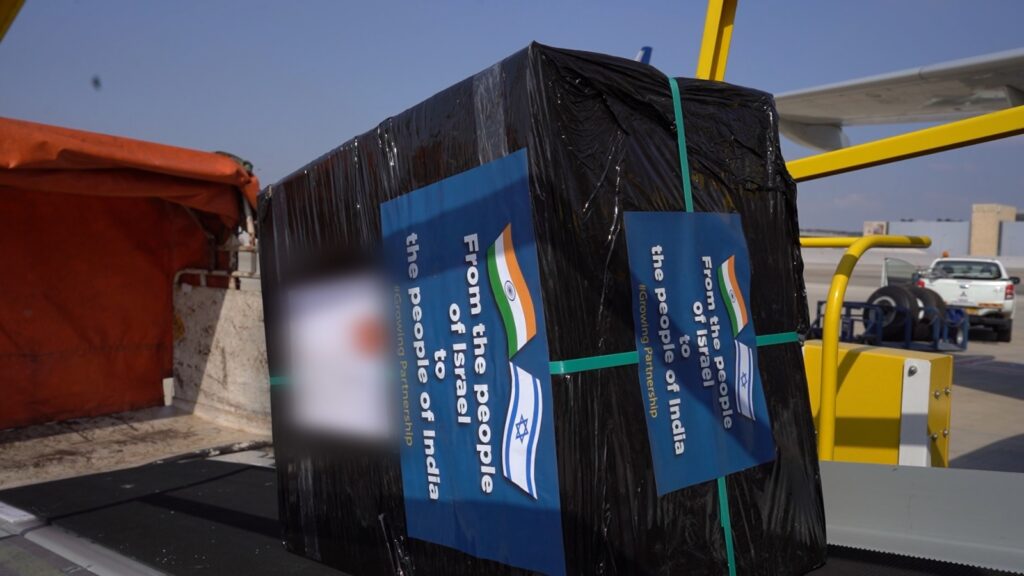
Flights to India, as elsewhere around the world, are restricted. So, the touchdown of the two unusual Israeli aircraft in Delhi hit the headlines.
In addition to the researchers on board, Israel sent sanitizing and disinfection gear to protect medical staff, as well as latest medical equipment developed locally to fight COVID-19.
In a tweet, Israel’s Ambassador to India Dr. Ron Malka, announced the gift of cutting-edge equipment donated by the Foreign Ministry and members of the private sector. The tweet shows two units of the AI-powered robot assistant Temi, developed by Israeli startup Robotemi. The devices are already being used across Asia to help minimize human-to-human contact amid pandemic restrictions.
“We also brought on this flight advanced respirators that are banned for export in Israel but a waiver was given to bring them to India,” he told Indian media.
Israeli PM Benjamin Netanyahu and Indian PM Narendra Modi have held at least three phone conversations since the start of the pandemic, promising each other’s help to deal with the novel coronavirus. They have committed to continued technological and scientific research, according to announcements by the Prime Minister’s Office.
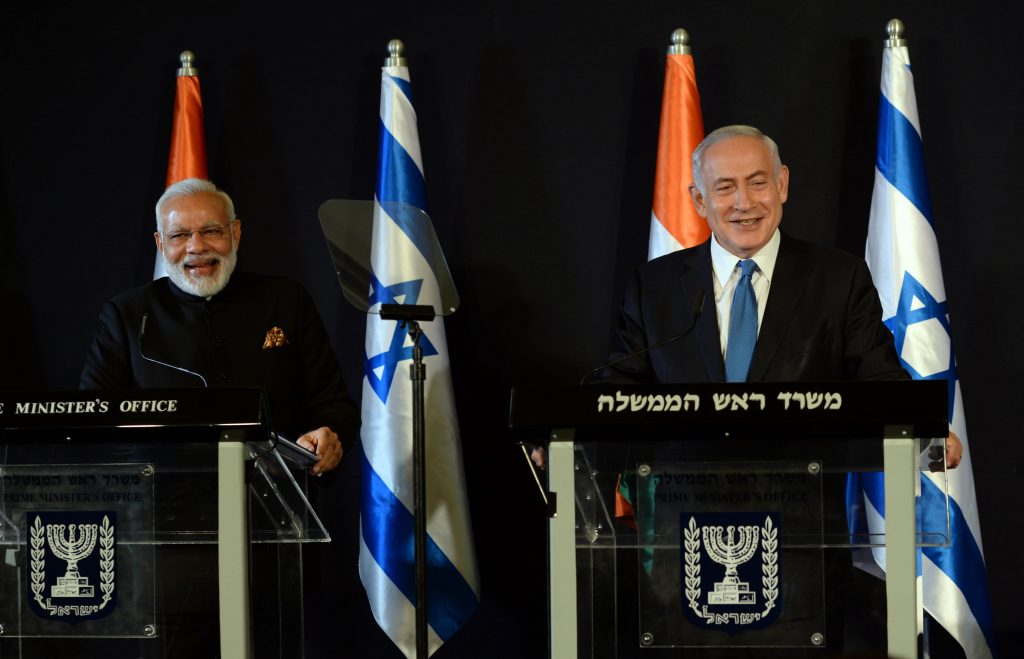
According to the Defense Ministry, the cooperation between Israel and India will enable the delegation and its Indian counterparts to collect tens of thousands of samples in just 10 days and analyze them using artificial intelligence – machine intelligence technology in which both Israel and India claim to reign.
Sign up for our free weekly newsletter
SubscribeAmbassador Malka, and the Defense Attaché in India Col. Assaf Meller, are leading the Israeli delegation consisting of 20 individuals from the Ministries of Defense, Health and Foreign Affairs as well as engineers and other professionals from the companies involved in the development of the various diagnostic technologies.
On the medical side, the delegation is led by Prof. Nati Keller, an infectious diseases specialist from the Sheba Medical Center at Tel Hashomer Hospital, and Itai Gordon, Head of the Innovation Department at Health Ministry.
India’s chief scientist, K Vijay Raghavan, heads the Indian side of the project.
Since the start of the pandemic, the DDR&D has tested dozens of diagnostic technologies. In May, NoCamels reported on a long list of elite, advanced, and astonishing Israeli defense technologies usually used to keep Israel secure, which are now being repurposed for the health arena to deal with the SARS-CoV-2 virus.
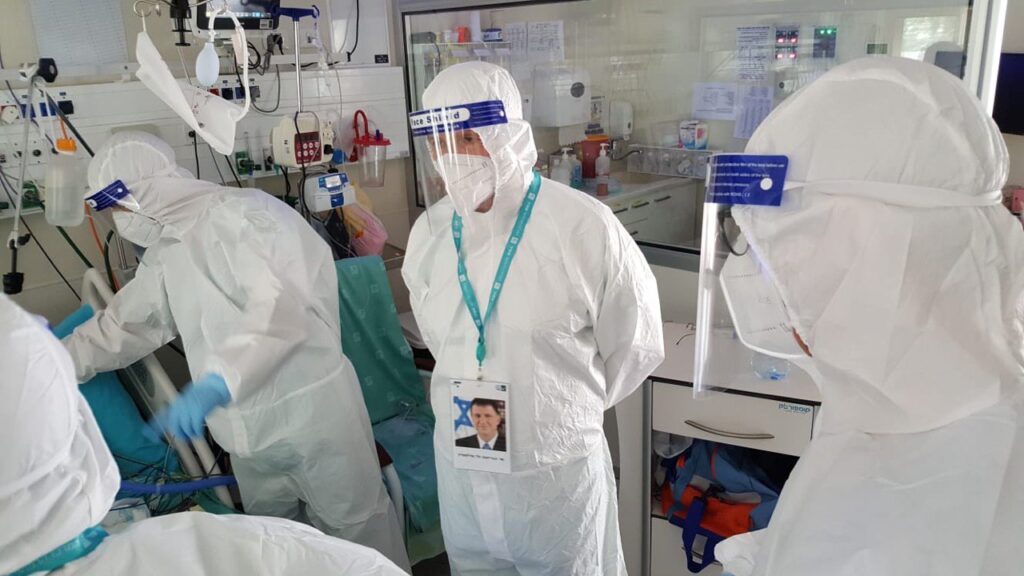
The DDR&D has collaborated with the private sector, which is also looking for quick diagnosis solutions.
“The combination of the technological capabilities of the defense industries and the extraordinary capabilities of the officers in the DDR&D, enables us to adapt systems developed for security purposes, to fulfill medical needs in light of the coronavirus,” Col. A, DDR&D in the Ministry of Defense, said in a press statement.
Presently, the world relies on swabs that take samples from your nose or throat to diagnose COVID-19. The samples are then sent to a lab for testing. But labs the world over are reporting high loads and slow diagnoses.
As such, a better diagnostic solution is needed. And Israel and India believe they are close to providing one.
Or four.
And with capabilities of analyzing the deadly virus in mere minutes.
Viva Sarah Press is a journalist and speaker. She writes and talks about the creativity and innovation taking place in Israel and beyond. www.vivaspress.com
Related posts

Editors’ & Readers’ Choice: 10 Favorite NoCamels Articles

Forward Facing: What Does The Future Hold For Israeli High-Tech?

Impact Innovation: Israeli Startups That Could Shape Our Future


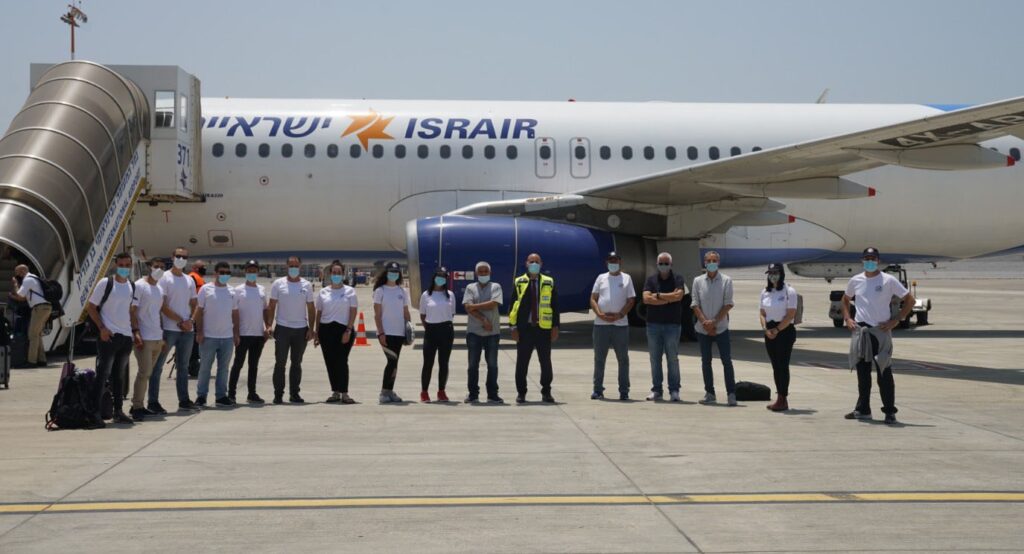

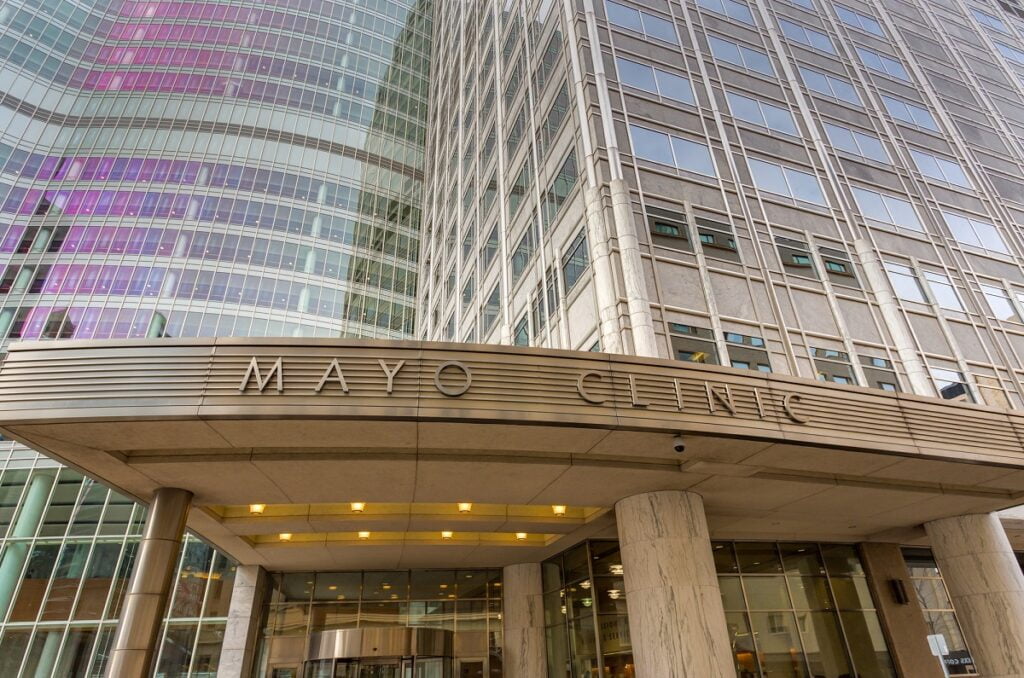

Facebook comments